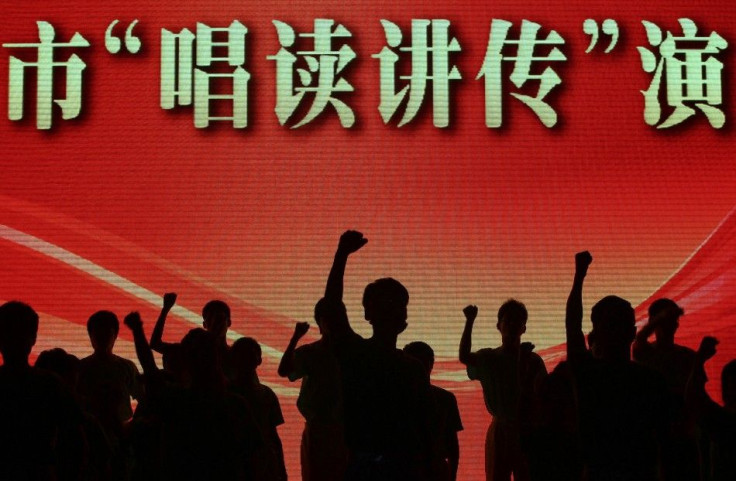In Rare Defiance, Chinese Journalists Protest Against Party Censors

In a rare act of defiance, journalists at an outspoken newspaper in China’s Guangdong province are expressing outrage over having to publish Communist Party propaganda.
The Southern Weekend newspaper, which has a reputation for fearless reporting by Chinese standards, rebelled online against an article it was forced to run, an editorial piece glorifying the efforts of the ruling Communist Party, instead of an article about reforming how the nation executes its constitution.
According to the South China Morning Post, a Hong Kong-based newspaper; local propaganda authorities ordered the changes to the Southern Weekend’s first edition for the New Year without the consent of the editor, who had already left work for the day.
The new propaganda-saturated piece was titled “Pursuing dreams” and detailed the Party’s tireless efforts that have brought people closer to their dreams.
The newspaper fired back at the provincial propaganda official, Tuo Zhen, who they believe was behind the article, in an open letter published on a separate micro-blog site, Weibo, which is China’s version of Twitter. The letter claimed that aside from including factual errors, the piece was “raping” the newspaper’s editorial freedom. The open letter was later removed from the site.
Several unnamed journalists from the paper are seeing the article switch as a step too far, even for a nation that openly exercises censorship.
“I had previously worked for a newspaper at which we needed to submit articles for the authorities’ approval before publication, but I think it’s absurd for a propaganda chief to force the media under his rein to print his article,” one journalist for Southern Weekend said.
Tuo Zhen isn’t just a propaganda man: He has had experience running a news outlet, which he did as vice president of the state-run Xinhua News Agency before being appointed to his current job as provincial propaganda chief. This also is not the first time the local propaganda offices in the Southern province have asserted power on the newspaper. Articles about anti-Japanese protests and Beijing’s unpreparedness for its record-breaking rainfall in July were taken out earlier this year.
The reaction from the newspaper probably caught propaganda officials off-guard, and they have yet to openly reprimand any of the journalists or the paper for speaking out. However, this should not be mistaken for a step toward freedom of the press. In fact, the reaction of officials to the public outcry points to a continued commitment to censorship.
China’s seemingly all-knowing government will likely block further discussion of the issue online or in news after a notice was released to cease all conversations regarding the Southern Weekend piece.
According to the China Digital Times, China’s Central Propaganda Department issued this notice:
“Urgent notice: Upon receipt of this message, controlling departments in all locales must immediately inform all reporters and editors that they may not discuss the Southern Weekend New Year’s greeting on any public platforms. (January 3, 2013)”
This hasn’t completely deterred online chatter on the issue on social media, including Weibo. Chinese netizens are able to get around censors by using other words unrelated to the issue, for instance words written in Mandarin characters visually similar to those for the name of the propaganda official, Tuo Zhen.
© Copyright IBTimes 2024. All rights reserved.






















